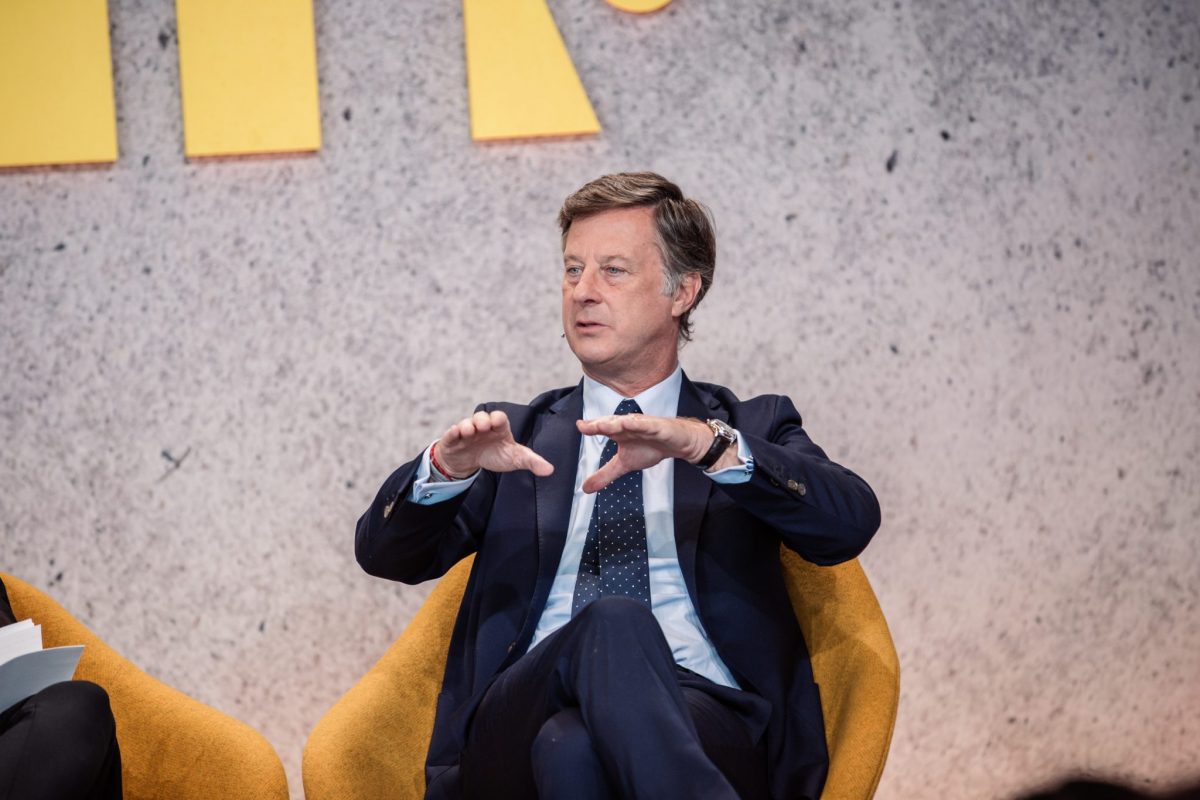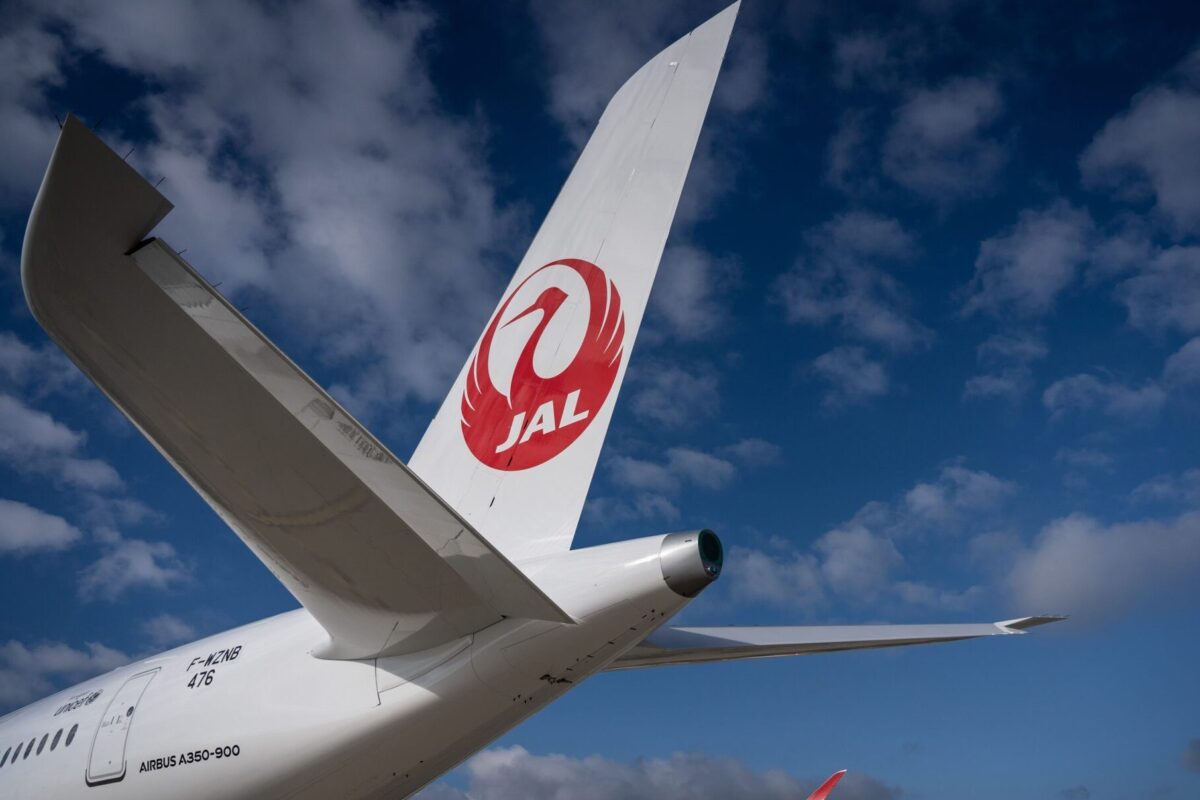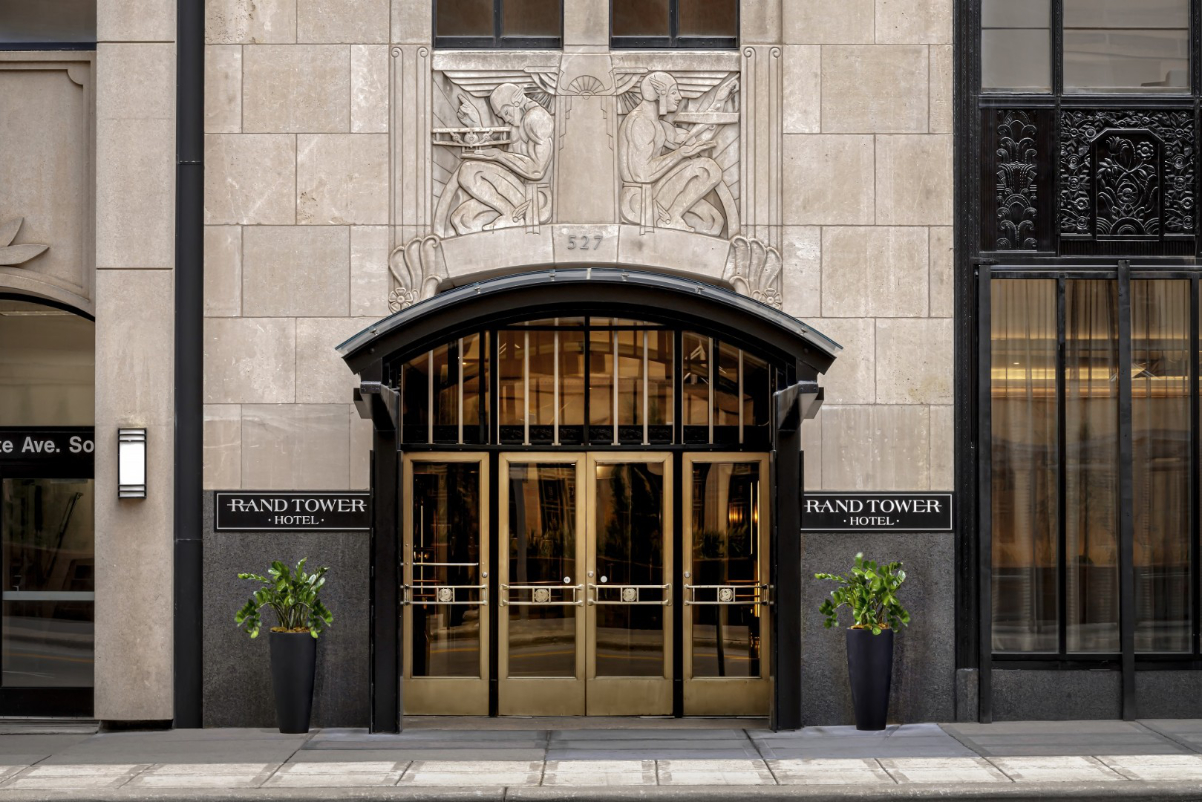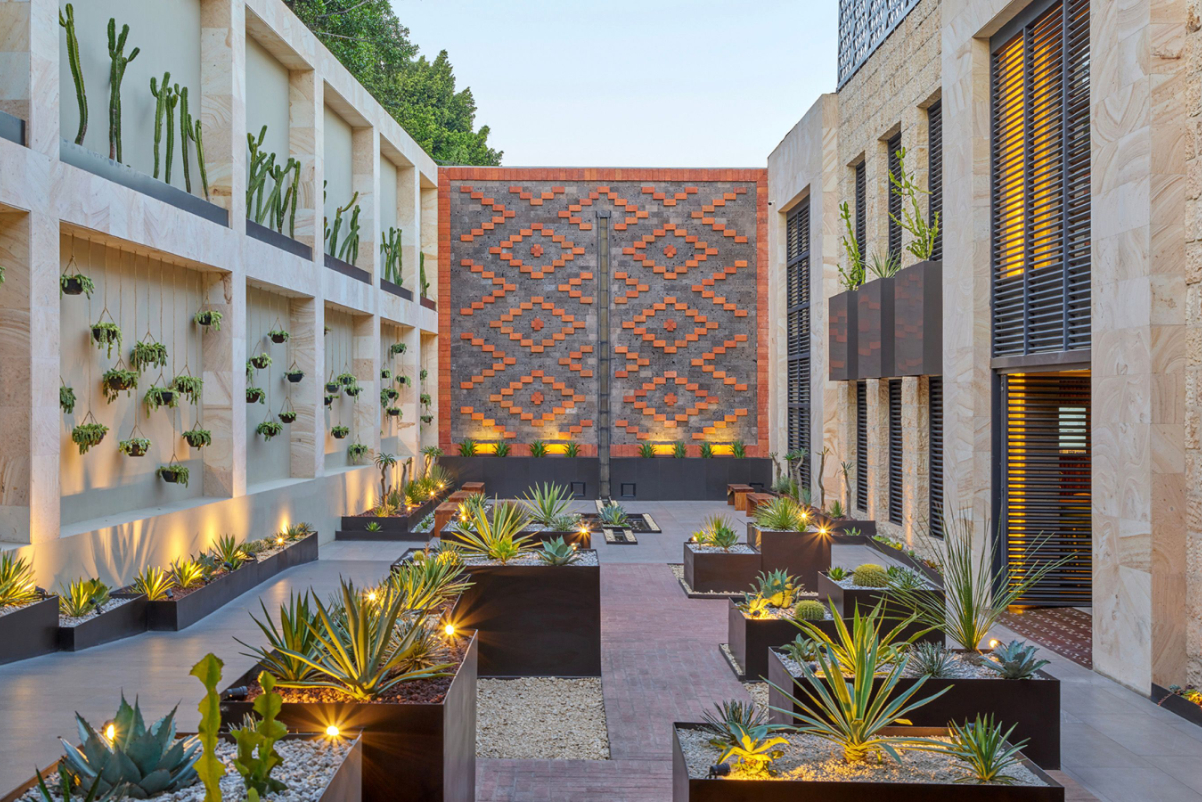Accor CEO Sebastien Bazin Wants To Profit From India’s Growth, Points to Plan This Year

Skift Take
“India is a country we’re very interested in,” Sebastien Bazin, the group chairman and CEO of Accor, said during the company’s earnings call Friday.
Despite the potential, Accor’s India business currently accounts for just 2% of the company’s global operations and Bazin revealed an intent to revamp the strategy. “We’ll be working on domestic travel in India, but we’re going to have to revise our methods,” he said. “We hope to have something to announce later on in this year.”
Bazin highlighted the challenges, noting the six-year average time required to open a hotel due to complex regulatory requirements. It takes three years in Europe and just two in the U.S.
Accor currently operates 62 hotels in India across four segments: luxury, premium, mid-range, and economy. The company expects to open nine more properties this year.
The French hospitality company signed a record 11 hotels in India last year and opened six properties.
Bazin pointed out a persistent demand-supply gap in the Indian market, with customer demand historically outpacing supply by two to three times. This trend will likely continue for the next decade.
He had earlier underscored India’s untapped potential, noting the country has fewer than 200,000 branded hotel rooms compared to three million unbranded keys.
India’s Middle Class
Bazin emphasized that India’s demographic profile is its greatest asset, particularly the growing middle class, which Skift highlighted in this year’s Megatrends.
“We know that over the next 10 years, probably 1.3 billion people will enter what we call the middle class. A large part of that 1.3 billion, around 200 million-300 million, will come from India,” he said.
India’s middle class currently constitutes about one-third of the population, but Bazin expects this to rise to two-thirds in the next 7-10 years.
“We expect high growth in the hospitality industry in India and a high growth in the number of Indians traveling abroad,” Bazin said.
While global economic growth is projected at around 3.4% this year, Bazin said India’s growth will probably exceed 6%.
Market Potential
Accor’s growth strategy in India hinges on three pillars:
Increasing Disposable Income: As incomes rise, more Indians can afford to travel domestically before considering international trips, fueling demand for hospitality services within the country.
Travel Infrastructure: Bazin expressed confidence in India’s car and air-travel networks, highlighting IndiGo’s dominant market share and extensive network.
IndiGo’s Growth: Accor has partnered with IndiGo for 18 years and with more than half of India’s domestic air travel market controlled by IndiGo, its expansion is crucial for Accor. Bazin also highlighted IndiGo’s order of 500 aircraft with Airbus and the fact that the airline serves 80 destinations within India and 30 internationally. For international travel, Bazin said, Accor is spending a lot of time to work on the 30 destinations that IndiGo services.
Bazin noted that 40 million Indians will travel abroad in the next fiscal year, making India as significant a market as the U.S. and China.
“India will have a major effect on hospitality worldwide and a very significant impact on Accor,” Bazin asserted.
The Indian Traveler
Bazin also projected rapid growth in Indian outbound travel, akin to the Chinese trend pre-Covid. He anticipated a pattern in Indian outbound travel similar to that of the Chinese when they started to travel internationally: 80% of them traveled within Asia-Pacific for comfort and familiarity.
He expected Indians to travel primarily to short-haul destinations like Eastern Malaysia, Indonesia, Southeast Asia, Saudi Arabia, the UAE, Egypt, and Africa.
“And that’s fine for us as these are precisely the markets in which we are best established,” Bazin said.





